|
The tiny town of Emporia, Kansas has become my favorite gathering place to eat good food and meet like-minded people. Gail Fuller and his partner Lynette Miller are innovative farmers who challenged federal crop insurance rules in order to farm in a way that can regenerate land. Every year they round up an odd mix of 100 or more local farmers and ranchers, agronomists, policy makers, a few investors, and an assortment of other passionate folks from Australia, South Africa, Canada, and the US for a two-day field school in Emporia. We all get together in a Catholic parish hall where a bunch of church women serve up incredible organic, regenerative, and grass-fed meals (imagine thick grass-fed raw cream spooned into your coffee….) while we listen to some of the most revolutionary talks you could ever find at an ag conference. It is a great place to go to see grown men cry—this year I saw many tears shed both by speakers and those listening to them. When everyone is done crying, we all go outside and play at the farm, sit on hay bales, and eat more amazing food. I love seeing conservative Christian farmers in cowboy hats stand next to permaculture folks in rainbow bandanas, and investors who made it big in the dot-com boom in California next to Mennonite women, all brought together by a shared passion for soil microbes, human health, photosynthesis, and grazing animals. Though many people talk openly about the importance of restoring God’s creation, there is an unspoken rule that no one mentions presidential politics, because we all know our work together is too important to be messed up by a passing detail like that. That doesn't mean the gathering isn't deeply political. The first speaker this year was Dr. Don Huber, a plant pathologist who has spent much of his recent career documenting and warning of the effects of Monsanto’s glyphosate (“RoundUp”) on humans and animals due to its broad spectrum antimicrobial action on the gut microbiome via mineral chelation. It was designed to clean out industrial pipes, not to be part of a food system. It is worth noting that Huber spent years working for the military studying the effects of biological and nuclear warfare. This man knows trouble when he sees it, and the thing he finds most troubling in the world is glyphosate. His talk was pretty heavy stuff, but luckily he also knows how to tell a really good joke. The second “herd quitter” was Walt Davis, a Texan rancher/author who has written some phenomenal books about regenerative ranching, most notably How to Not Go Broke Ranching and a novel called The Green Revolution Delusion about a farmer's run in with Monsanto. Walt has a way of summing up complex concepts and making them incredibly clear. Before I ever met him, Walt wrote my favorite review of my book, saying that he felt we were “singing from the same hymnal.” Last but not least, Ray Archuleta, a veritable prophet of soil health, was finally fully unleashed to preach about ethics and integrity now that he has retired from the USDA-NRCS. He wore a t-shirt that said “Free Range Human." If you haven’t heard Ray, you haven’t fully experienced life on earth. Ray showed a video of the Milgram experiment which uncovered the disturbing statistics of what percentage of the population will blindly follow orders, even when their hearts and senses tell them they are hurting innocent people (or land). This was chilling, and very apropos in the wake of Charlottesville. The Kansas conference can go deep into controversial subjects and cutting edge regenerative agriculture because Gail and Lynette only invite two or three speakers a year, so the speakers have hours, not minutes, to talk. Last year I was completely blown away when Gail invited me to be one of those speakers. The heroic Jonathan Lundgren showed up at the last minute and baked us cricket cookies alongside the church women in the kitchen. He is the young scientist who blew the whistle on his own bosses at the USDA for blocking his research on the effect of neonicotinoids on pollinators. He is happily rebuilding his career at Blue Dasher Farm, an independent research center that he founded with the help of many individual donors who supported his integrity and work. He will be speaking at the Grassfed Exchange conference on Sept 27-29 in Albany, NY. I'll be there. People at Gail Fuller's Field School, as well as around the world, have been excited to see my latest book, entitled "Understanding Soil Health and Watershed Function: A Teacher’s Manual." (You can download it for free.) I’ve been working on this manual for two years with the USDA's Southern Plains Climate Hub and several other agencies and organizations. It breaks a lot of myths about conventional farming practices. A woman at the EPA said "I've been waiting for something like this for YEARS." Both last year and this year I led mini-workshops at Gail's field school about building support networks for resilient leadership. Most innovative farmers in the middle of the country are facing intense pressure from their neighbors and agricultural "experts" to go back to conventional ag, which often leads to strained relationships with friends and family, social isolation, and worse. This peer pressure is considered the biggest factor slowing down the switch to regenerative agriculture. Farmers have the highest suicide risk of any profession. I've been thinking a lot over the past few years about how to create support and community learning networks for regenerative land managers and other soil health leaders, and this work is now underway. If you are in a position to contribute financially to help make these resources available more widely, please consider making a tax-deductible donation. Upcoming Events I'm leading a day-long version of the Resilient Leadership workshop for anyone interested in social change on September 2nd, 2017 here in Thetford, Vermont. (A leader, in my definition, is anyone making sure that things around them are going well, whether their efforts are recognized or not.) On October 1, 2017 from 10am-4pm, I'll be teaching a class entitled "Healing Generation RX: Supporting Our Young People Without Psychiatric Drugs" at the Vermont Center for Integrative Herbalism in Montpelier, VT. On Saturday, October 14th at 11:30am, I will be speaking on Soil Health and Public Health at the Living Soils Symposium in Montreal. Now here's my challenge for you.
Three years ago, while reading Judith Schwartz’s book Cows Save the Planet, I made a decision to change my career. My two goals were: 1) to create curriculum for schools, farmers, and community groups about the power of soil biology to improve public health and climate resilience, and 2) to help leaders in the soil-health movement find ways of offering each other mutual support. I didn’t wait until anyone else said it was okay. I didn’t apply to graduate school, or try to work my way up the ladder in some non-profit. I didn’t wait till I had saved up enough money to do this project. (In fact, at the time I had no money in savings, and still don’t.) I put out the word that I was taking these projects on. I wrote up a single page handout explaining my goals, and started asking for support and applying for small grants. People responded. I studied everywhere I could (books, articles, videos, conferences) about how soil biology influenced the physics of water and flows of carbon, and how to write curriculum. Whenever I got a grant I used part of it to travel so I could observe the most innovative farmers and ranchers at work around the continent. It appears now that both of my seemingly audacious goals were within reach, even though at the time I started I didn't have any formal training in what I was attempting to do. What I did have (and still do have) was a huge network of thoughtful people that I can call and trade equal listening time with: people who are quietly encouraging while I think out loud, and with whom I can openly share my fears, mistakes, and successes. Where did those nice people come from? They are just ordinary people I chose. I taught them some basic skills that anyone can learn. You can learn these skills too. Life is too precious, and the world is too precarious right now, to wait until we are experts to begin the work we feel called to do. What is your equivalent? What is that one audacious thing you wish you could fully turn towards and accomplish, without waiting for permission from anyone but yourself? What could you possibly lose by fighting against those internal and external messages that tell you that you can’t do it, you aren’t smart enough, aren’t rich enough, or that you don’t belong in that imaginary “inner circle?” You belong right in the center. We all do. We will never be “ready” in the way we’d like to be ready. But we get to do this, moving forward together, full of joy, and shaking in our shoes. With great hope and big hugs, Didi
5 Comments
Amelia Tracy
5/17/2020 10:53:23 am
Gosh Didi, I stumbled on this blog looking to register for next weeks' course, and didn't know you started your path after reading judy's cows book. And that last bit - about taking on that one audacious thing in this life-- maybe several of them... its just what I needed to be reminded of today (Well, actually probably most days).. as i re-emerge from a long season of despair. Thank You
Reply
Brian Melville
5/17/2020 01:57:03 pm
So glad a friend pointed me to your mini-course, where I discovered this post. Beautifully described journey. Tears in my eyes as I read. The last page had me openly crying. Cannot express how much it means to know others out there, doing our bit with the resources that have been entrusted to us. Thank you very much!
Reply
Leave a Reply. |
Didi Pershouse's
|
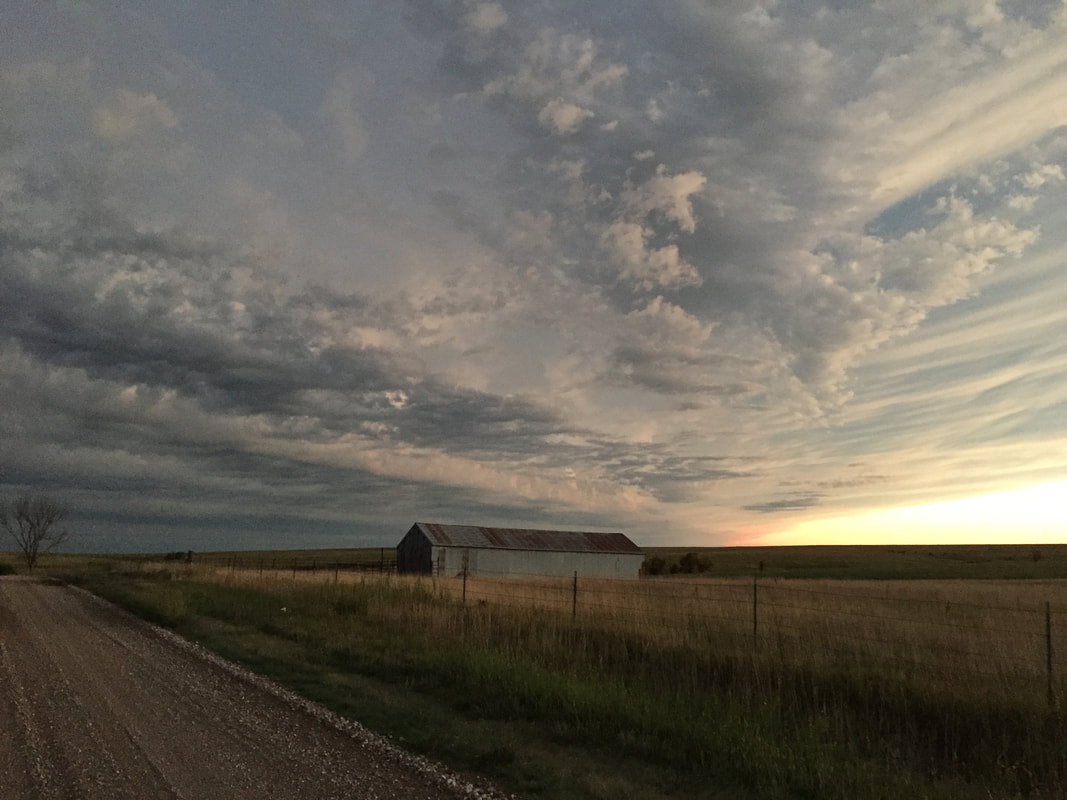
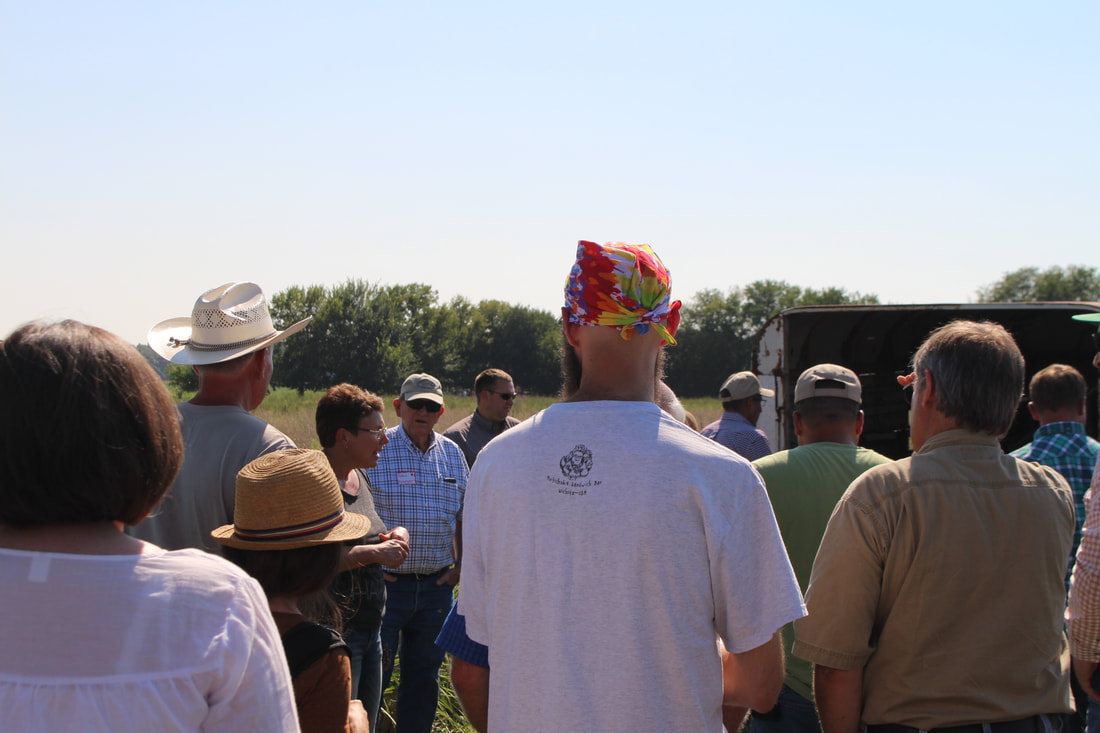
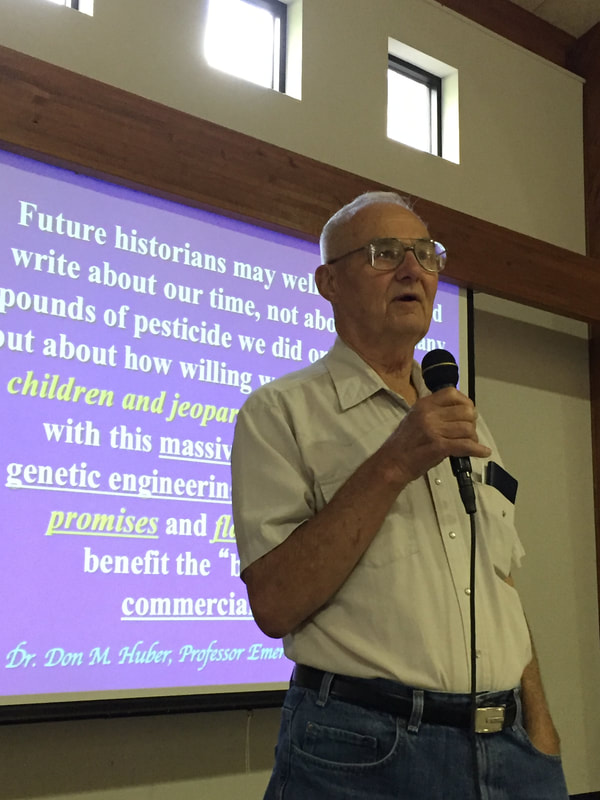
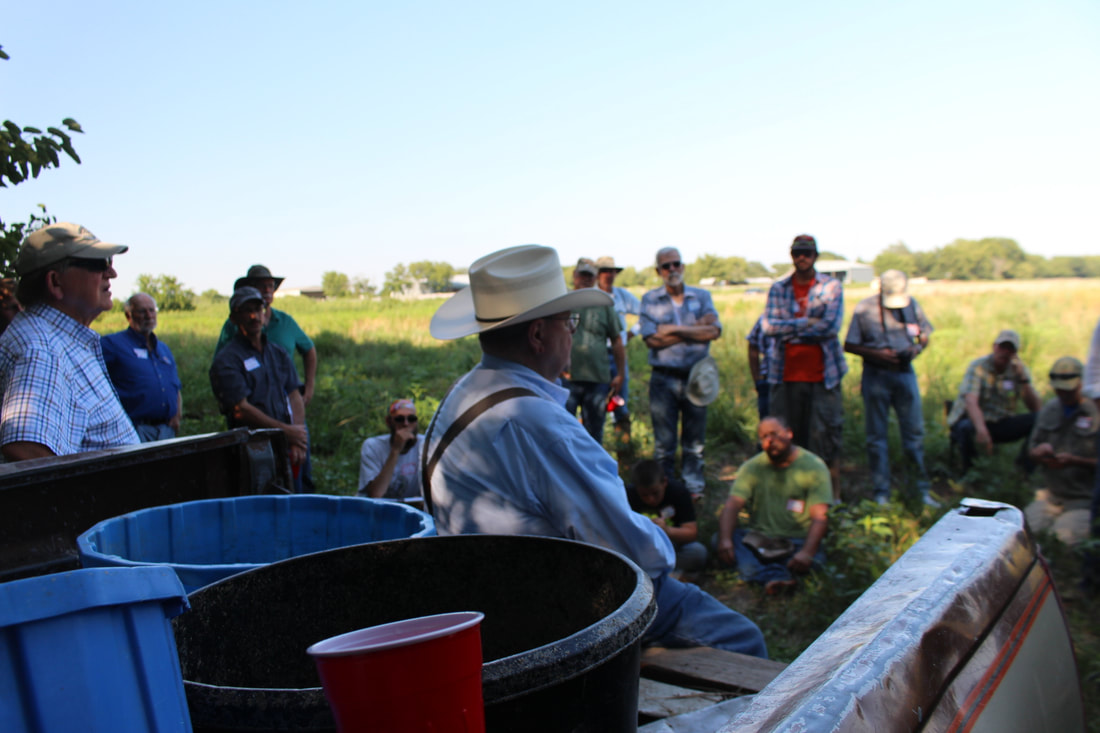
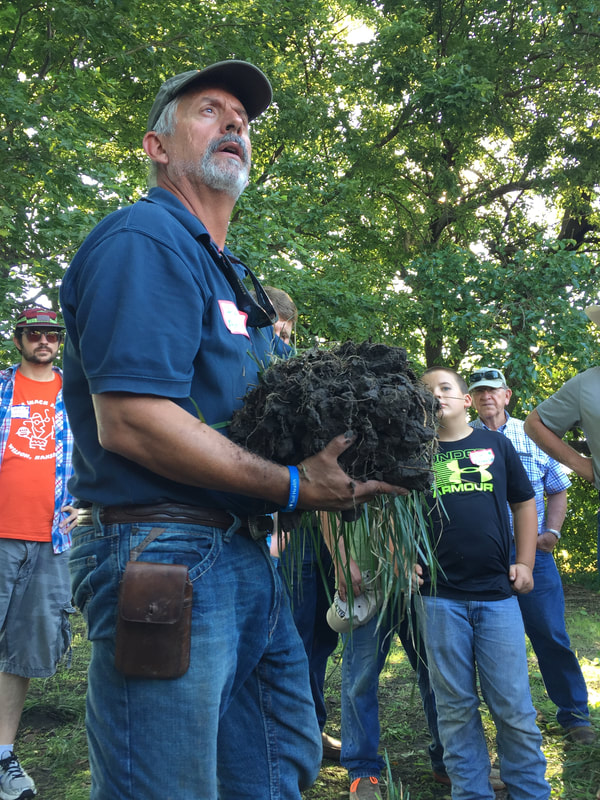
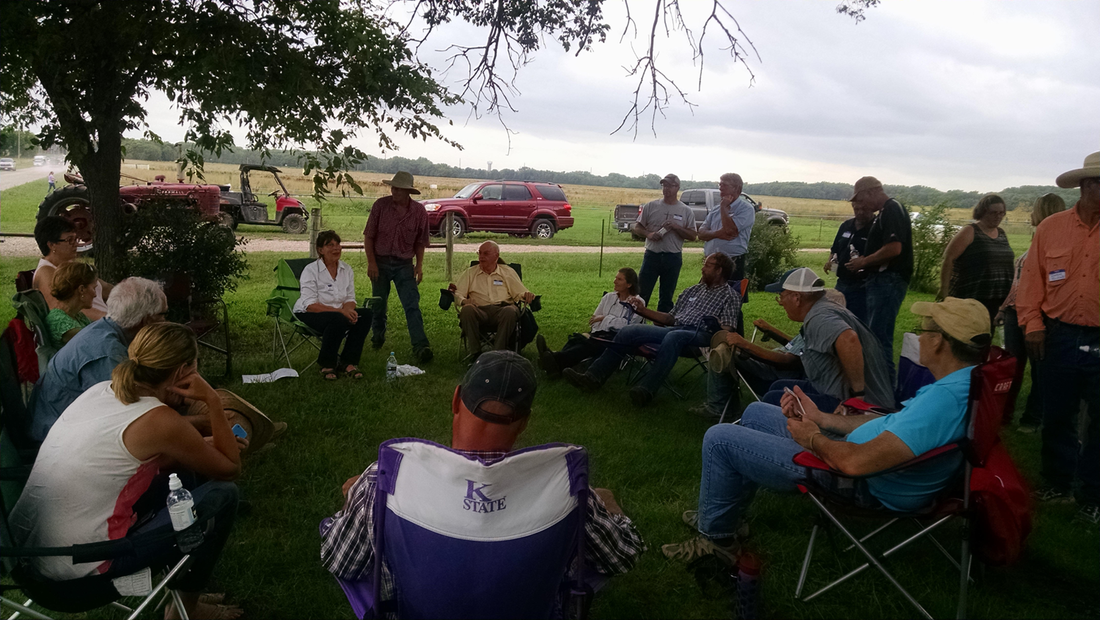
 RSS Feed
RSS Feed